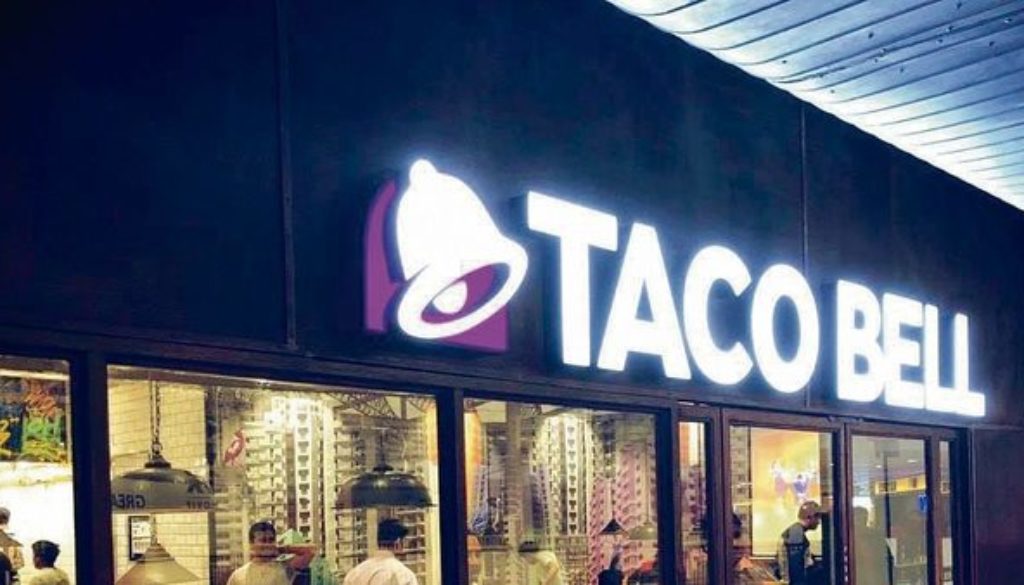Taco Bell names Burman Hospitality as master franchise
American quick service restaurant chain Taco Bell is set to scale up its presence in India nine years after it opened its first store to serve Mexican food, such as tacos and burritos, in the country.
Taco Bell, part of American food services company Yum! Brands Inc., is planning to open 600 restaurants over the next 10 years, to make India its largest market outside the US. Taco Bell finds more acceptance among India’s urban consumers for cuisines beyond just burgers and pizzas, top executives at the Mexican food chain said.
On Wednesday, Taco Bell announced Burman Hospitality Pvt. Ltd as its master franchise partner for India, making the New Delhi-based company the largest Taco Bell franchise globally by store count. Since 2015, Burman Hospitality was Taco Bell’s local partner. To be sure, Yum! Brands also runs the KFC and Pizza Hut restaurants in India via its local franchise partners. Between the two brands, they operate over 800 restaurants.
When it had first started selling Taco’s in India in 2010, its presence remained sparse. “We were just testing the market the, since the category was nascent,” said said Ankush Tuli, managing director, Taco Bell, Asia Pacific and Middle East.
But Taco Bell’s presence in India is still limited, largely because of the unfamiliarity of the Tex-Mex cuisine among consumers.
“If you look at chicken and pizza they are two very familiar categories to the consumer and that helped both KFC and Pizza Hut with their explosive growth, not only in India, but all over the world. The Mexican category is a relatively new category for consumers and I think the Indian consumer has shown us they are ready for it,” said Liz Williams, president, Taco Bell International.
In 2018, India’s quick service restaurants market was estimated at ₹32,880 crore. Most people consume north Indian food while eating out or ordering in, followed by Chinese and south Indian, according to the findings of the India Food Services Report 2019 released by the National Restaurant Association of India (NRAI). While, cuisines such as Japanese and Mexican still have few takers, their market is expanding.
The country’s underlying demographics makes India a massive opportunity and makes us bullish on the category, said Tuli.
For now, Burman Hospitality will control store launches before sub-franchising the brand to other local partners. “We are waiting to scale up to at least 100 before we do that,” said Gaurav Burman, director, Burman Hospitality.
In 2015, it roped in Burman as its key partner, scaling the brand to 35 outlets. Subsequently, the chain revamped some of its new stores, as part of its efforts to make the brand more contemporary. In India, it revamped the menu, added alcoholic drinks, opened large format stores in busy locations and even offered on-table services.




